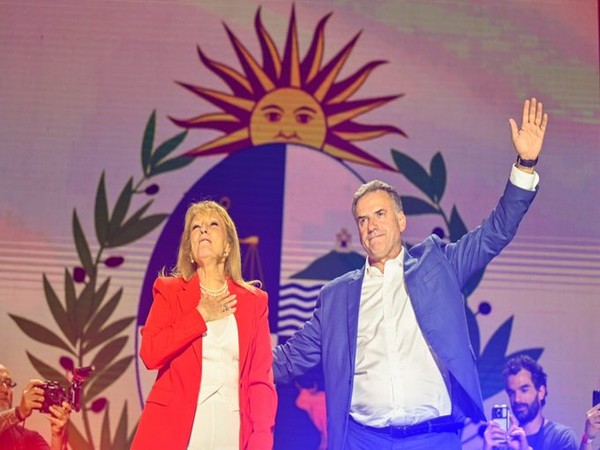Yamandú Orsi has won Uruguay’s presidential run-off election in a tight race, marking a significant shift in the country’s political trajectory. Since the center-left coalition Frente Amplio stands behind him, his victory signals that the public demands progressive policies and change after many years of conservative Rule.
Orsi campaigned on issues of economic inequity, environmental sustainability, and an efficient public sector. His election victory speaks to renewed confidence in the Frente Amplio, which had ruled Uruguay for 15 years until losing in 2020.
The Road to Victory
That is why Orsi, a mayor of Canelones, initially appeared on the national stage. His strength in governance and engagement at the grassroots level made him successful, as he was suited to connecting diverse communities across urban and rural areas.
The run-off election followed a first-round vote in which no candidate received the required majority. Orsi faced a strong opponent in the incumbent party’s candidate, who ran on stability and continued conservative economic policies. That notwithstanding, the campaign promises that Orsi made toward inclusive growth and more social reforms came strongly true to the hearts of the voters, especially the youth and marginalized communities.
A critical factor in Orsi’s victory was his strategic focus on coalition-building. He secured a broad support base by reaching out to smaller parties and independent voters, ensuring a decisive win in the run-off.
More:Trump-Biden Legacy: The Endgame for Palestinian Statehood?
Policy Priorities for the Orsi Administration
‘Uruguay’s president-elect Orsi has promised to work toward the country’s economic recovery from the impacts of global inflation and the COVID-19 pandemic. His government will focus on improving access to high-quality education and healthcare systems and reducing poverty levels within the country.’
Another issue for Orsi in his electoral campaign was the environmental agenda. Indeed, he has pledged to boost renewable energy projects, preserve Uruguay’s natural resources, and fight climate change by factoring sustainability into economic planning.
On institutional reforms, Orsi has made it clear that they are necessary to strengthen institutional transparency and curb corruption. He has promised to regain public trust in the government; an assurance many voters found attractive after years of distrust caused by political scandals.’
Challenges Ahead
And though Orsi is at the door, his government has a lot of work to do. Passing reforms in polarized Uruguay will be complex and even more complicated in a divided legislature. The economic landscape—where inflation is climbing, and the country’s unemployment rate is expanding—demands addressing, and decidedly so.
Moreover, the Orsi administration must address public concerns about crime and security, which are the central points of any campaign. Maintaining a balance between these central priorities will challenge his leadership and probably the tenacity of his coalition.
Conclusion
Yamandú Orsi, the winner of Uruguay’s presidential run-off election, demonstrated the public’s will toward change and a progressive vision for the future. Leadership is needed to renew hope about the much-needed challenging problems their country needs to solve and build an integrated society. From these perspectives, what is expected of Yamandú Orsi as a new president as he assumes office, and whether his aspirational agenda can bring Uruguayans closer together on both sides of the political divide?















